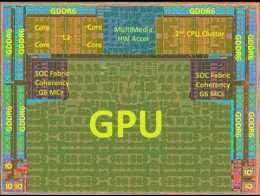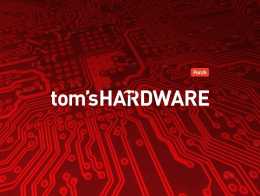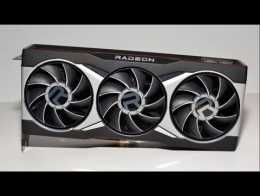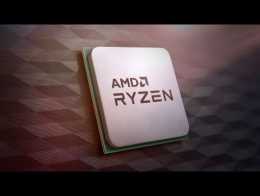Intel Targets AMD, Slashes 10th Gen Chip Prices Amid AMD Shortages
t seems like Intel’s cutting prices across the board for its 10th generation processors, hitting AMD hard while the company deals with low Ryzen 5000 series stock and capacity competition at TSMC that’s exacerbated by a shortage of chip packaging materials.
Normally, Intel’s processors tend to cost more than AMD’s, but according to the latest listings for the company’s 10th generation CPUs, that trend appears to have reversed for now. Take the excellent Intel Core i7-10700F processor, which is currently $229 at Amazon. On January 30th, less than a month ago, the price was $315, and it’s been steadily falling since. Joining it in this trend is the more modest but still powerful Core i5-10400F, which is just $159 at Amazon right now and an even lower $142 at Staples. And these two impressive cuts aren’t the only Intel processor deals you’ll find right now.
The Intel 10th generation series (or Comet Lake as it’s known more unofficially) is still Intel’s best desktop CPU line despite being older than Ryzen 5000 (or Zen 3) by several months. And even if the chips are a touch more outdated, Intel has its own factories that help assure they’ve got plenty of availability right now, while it’s still hard to buy Ryzen 5000 series chips.
-
video playing

-
The Tom’s Hardware Show: AMD vs Intel,…08/05/20

-
The Tom’s Hardware Show: New Intel Chips,…01/05/20

-
The Tom’s Hardware Show 11/19: AMD Radeon RX…19/11/20

-
The Tom’s Hardware Show 11/5: AMD’s Ryzen 5000…05/11/20

-
The Tom’s Hardware Show 10/8: AMD Zen 3, Ryzen…09/10/20

That makes these deals especially tasty, even if Intel’s Rocket Lake chips will probably push 10th gen out of the limelight by the end of the quarter. And given that Rocket Lake chips will still be made with a 14nm process, we’re still not sure how much they will improve over their predecessors.
Despite being older, Intel’s 10th generation of chips also still performs well when compared to Zen 3. The discounted Core i7-10700F matched the $299 Ryzen 5 5600X, which tops our list of the best CPUs, in our testing, while the Core i9-10900KF beat the Ryzen 7 5800X. The Core i9-10900KF is also on sale on Amazon right now, down to $450, which is the same price as the 5800X.
Even with a new CPU generation approaching, it’s unlikely that these stores could sell so many chips at such a high discount without at least some support from Intel. And it makes sense why Intel would want to offer that support. Not only is this a rare opportunity that the brand to capitalize on being the cheaper option, but for many buyers, it’s also the only option that’s available right now without resorting to buying from scalpers.
In fact, Intel recently clawed back market share from AMD for the first time in three and a half years by focusing on lower-priced chips that sell in high volume. AMD has its fans, but if you can get an Intel chip that performs better or just as well without needing to wait for more stock to come in, it becomes tempting to jump ship.